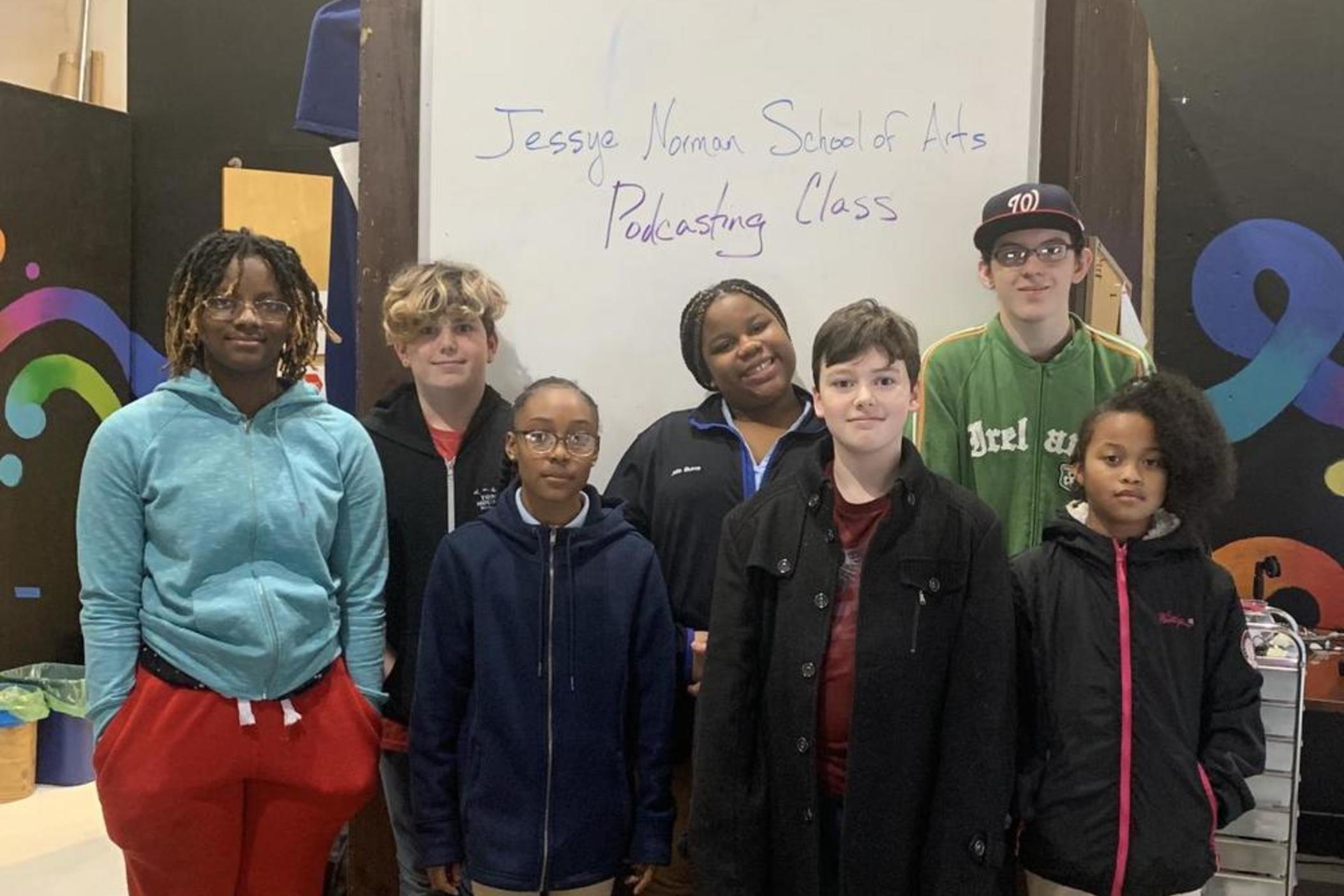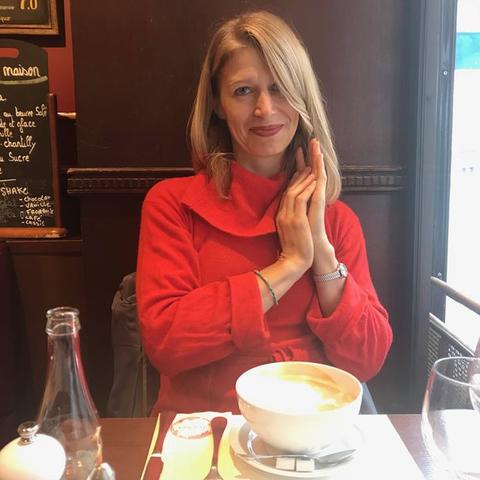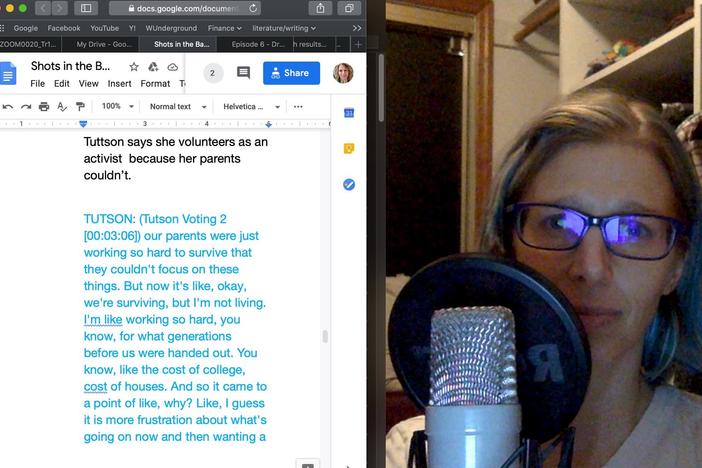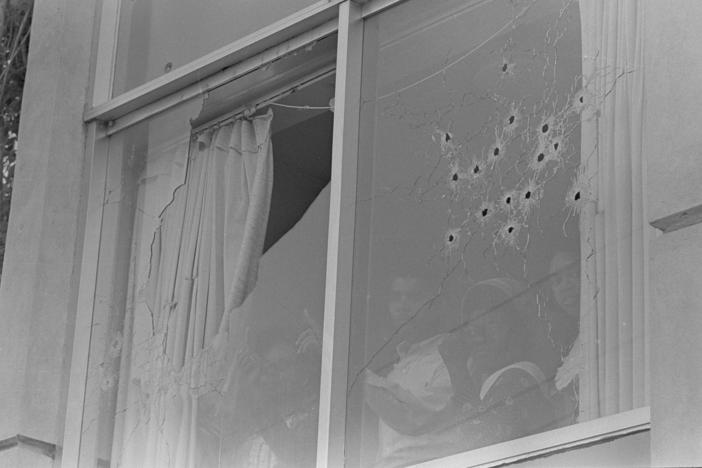Listen
Listening...
/
Students from the Jessye Norman School of the Arts have been working hard to tell the story of the 1970 Augusta riot in the podcast, "Shots in the Back." Half of these students are white, while the rest are Black. That dynamic has made it intimidating to talk about racism in the classroom. In this bonus episode, several of them share their fears about racism.






